|
From 1 April 2022, changes to UK law mean that many people and businesses who use red diesel (AKA rebated fuel; gas oil; tractor diesel) will need to switch to more costly white diesel, which carries the full Fuel Duty rate. Most UK vehicles and machinery will no longer be able to use rebated red diesel, especially in the commercial sector. From 1 April it becomes illegal to put red diesel into any tank, vehicle or machine not covered by the new rules. The switch to white diesel will increase fuel costs by about 47p per litre for many businesses and organisations across the country. This new ruling could have wide-reaching effects, as businesses pass increased fuel costs on to consumers. What’s changing?From the 1st April the use and storage of red diesel in vehicles, machinery and fuel tanks will be further restricted to operations such as farming and forestry, in line with new rules set out by the UK government. Briefly, red diesel will still be legal for use in agriculture, fish farming, forestry and horticulture; non-commercial heating and power generation; rail transport, marine transport, boating and sailing; circuses and other travelling fairs; and sports clubs including golf courses. For a more detailed list, please see below. From the 1st April, many businesses across the UK – ranging from construction and plant hire to recycling operations – will have a legal duty to switch to the use of white diesel immediately, or could face heavy fines. Red diesel itself isn’t being scrapped or price-hiked. It will just be legally prohibited for use by most of those businesses which used it previously, especially in the commercial sector. Why is this happening?This change to the red diesel rules is part of the Government’s 2050 net-zero decarbonisation plan. It’s aimed to encourage the wider use of white diesel and greener fuels by the commercial sector, especially in mining, quarrying, construction, plant, logistics, leisure and highway maintenance. Who can still use red diesel and other rebated fuel?The UK government has set out the following on the use of red diesel and rebated biofuels, restricting entitlement “to the following qualifying purposes”: • “For vehicles and machinery used in agriculture, horticulture, fish farming and forestry. This includes allowing vehicles used for agriculture to be used for cutting verges and hedges, snow clearance and gritting roads • To propel passenger, freight or maintenance vehicles designed to run on rail tracks • For heating and electricity generation in non-commercial premises – this includes the heating of homes and buildings such as places of worship, hospitals and town halls; off-grid power generation; and non-propulsion uses on permanently-moored houseboats • For maintaining community amateur sports clubs as well as golf courses (including activities such as ground maintenance, and the heating and lighting of clubhouses, changing rooms etc.) • As fuel for all marine craft refuelling and operating in the UK (including fishing and water freight industries), except for propelling private pleasure craft in Northern Ireland • For powering the machinery (including caravans) of travelling fairs and circuses”. Even then, there are particular rules on how red diesel can be used in these approved areas. For more info please refer to Government guidance via the link below. These rules will also extend fuel duty to “biodiesel, bioblends and fuel substitutes used in heating, applying the rebated duty rate to non-commercial heating and the full rate of duty to commercial heating.” (Source: gov.uk) How does the law change?Until now, the law regarding red diesel usage set out in the Hydrocarbon Oil Duties Act 1979 (HODA) has included references to ‘road vehicles’. But from 1st April 2022, references to ‘road vehicles’ in this legislation will change to the term ‘excepted machines’. These ‘exceptions’ to the new red diesel rules, and the purposes that red diesel is used for, have been strictly redefined in law. Currently around 15% of all diesel used in the UK is rebated red diesel. After the 1st April this percentage will drop significantly, and anyone caught using red diesel without entitlement could face significant fines, vehicle seizure, or even unlimited fines and imprisonment – since the unentitled use of rebated red diesel is technically considered tax evasion. Are other fuels affected?Yes. These changes affect the use of rebated red diesel, HVO (Hydrotreated Vegetable Oil), bioblend, biodiesel and fuel substitutes. Compliance: What you need to doIf your operation doesn’t fall into one of the excepted categories detailed above, then you have a legal responsibility to make the switch to white diesel from 1st April 2022. To be compliant with these changes you will need to:
“Contamination” in this respect refers to any presence of red diesel marker dye. The authorities test for this distinctive red dye to catch out anyone using tax-rebated red diesel illegally, and could well inflict heavy fines to enforce the new diesel rules. Important considerations when switching to white diesel fuel
How can you reduce higher costs associated with white diesel fuel?
Less fuel use, or longer fuel storage times, could also affect how much white diesel you have hanging around when it comes time to swap your summer and winter grades. So it’s well worth reassessing just how quickly you’ll be burning through your costlier store of white diesel fuel over the coming months, and when this summer-grade supply will need to be swapped out for the winter.
Add an advanced fuel management system on top of that, and suddenly you’ve limited the basic dispensing of your fuel to only those people who own an assigned app licence, or a key fob, able to activate your fuel tank and make it operate. Without a key fob or Bluetooth app licence assigned to them, someone attempting to use your fuel tank can’t take a single drop.
While you may not be able to combat the new higher cost of your white diesel supply versus that old red diesel, there are certainly ways to tighten up on its use and security while it’s stored on your worksites and premises. Instead look to prevent theft, preserve your supply over the seasons, care for your fuel stock with regular tank testing and cleaning, and measure your fuel’s dispensing to the last drop with a remote fuel management system. Preventing any of that costly white diesel going astray is as good as receiving money back on your fuel supply. And ultimately, that can only come down to investing in the right fuel tank for your business. And we can certainly help you there. More infoClick the link below to learn more about the red diesel restrictions from 1st April 2022, as detailed in the Government’s Reform of Red Diesel policy.
Quite often when it comes to the re-fuelling of aircraft, particularly in remote locations, access and convenience can be one of the biggest challenges faced by operators. Thankfully Heysham based Fuel Proof, as well as being a leading manufacturer of diesel storage tanks, have built up an enviable reputation in providing some of the best fuel storage solutions for Avgas and Jet A-1 to the aviation industry.
Fuel storage manufacturer Fuel Proof Ltd has been consulting with its customers in recent years about the growing requirements of AdBlue storage and the challenges this presents. In the following article Fuel Proof looks at what AdBlue actually is and the reasons for its recent surge in prominence.
The Industry Standard for Transporting Fuel
Fuel Proof’s range of highway towable diesel bowsers are the most innovative, secure and reliable products of their type on the market. Reliable, user-friendly and built to last, these units are fully U.N. approved for transporting diesel on the highway. The baffled inner tank ensures excellent stability on the move, and the high quality running gear ensures years of trouble free service. It’s All Over For Old Diesel Bowsers!
There has been an authorisation in place since 2004 to allow the carriage of certain dangerous goods (UN1202, DIESEL FUEL, GAS OIL, HEATING OIL, LIGHT) in ‘bowsers’. The purpose of this authorisation was to allow industry time to adapt to new requirements and this 15 year transitional period ends on 9 May 2019. Essentially, bowsers made prior to 10 May 2004 were authorised to be regarded as an intermediate bulk container (IBC) so long as certain conditions were met. |
Fuel ProofHere's the latest fuel storage news, articles and info. Categories
All
Archives
August 2023
|
|
Fuel Proof Ltd
Middleton Business Park, Middleton Road, Morecambe Lancashire, LA3 3FH Tel: 01524 850685
Email: sales@fuelproof.co.uk |

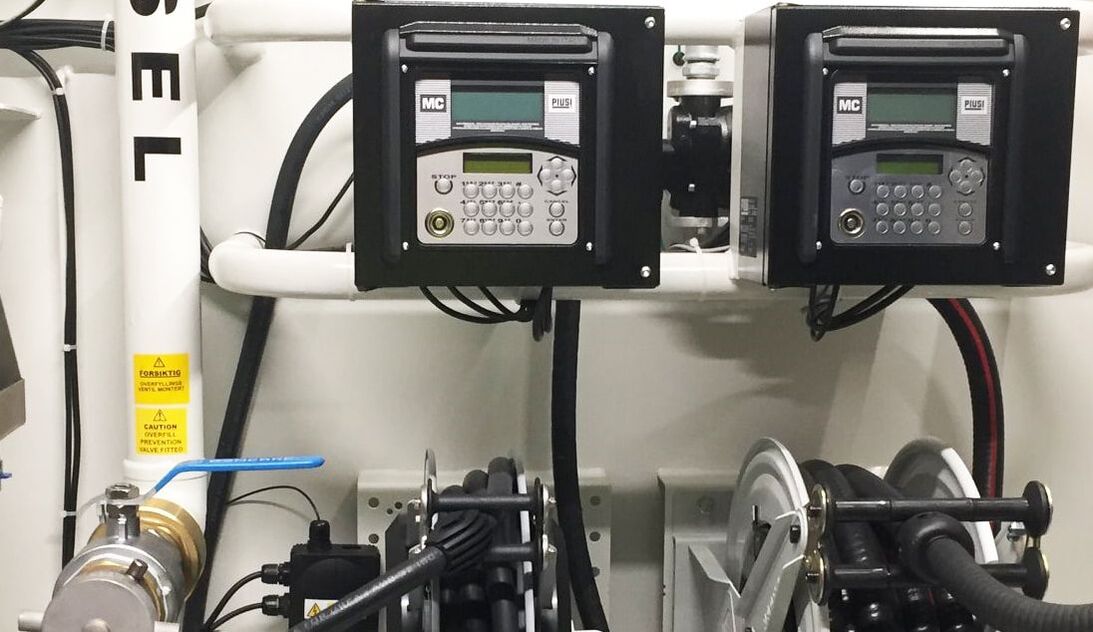
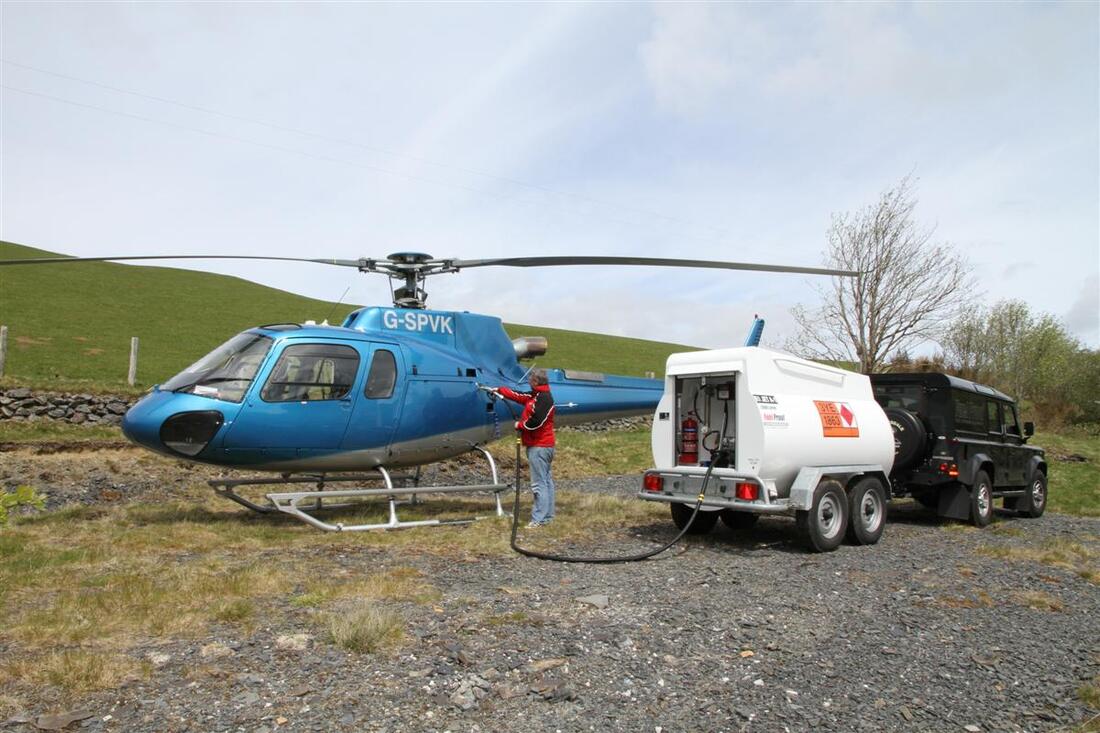
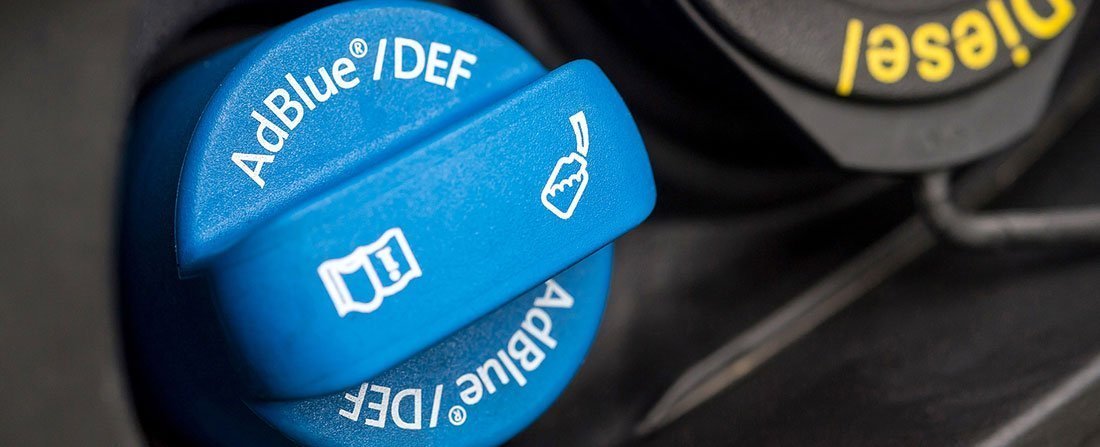
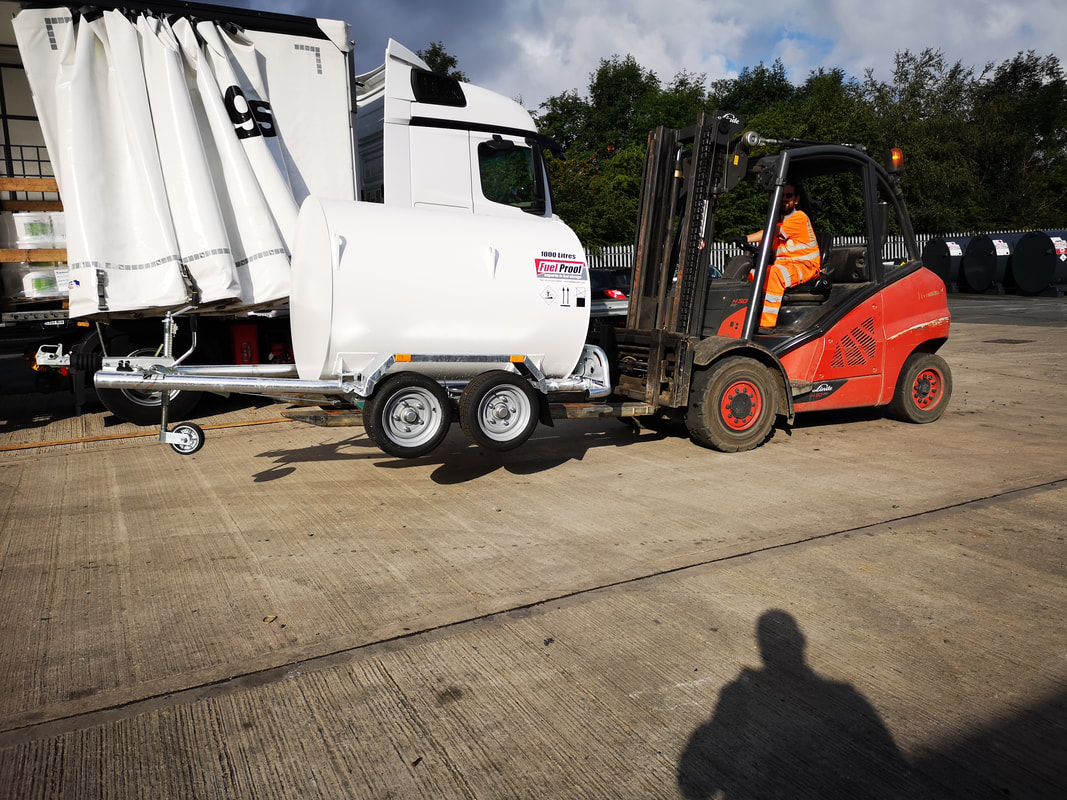
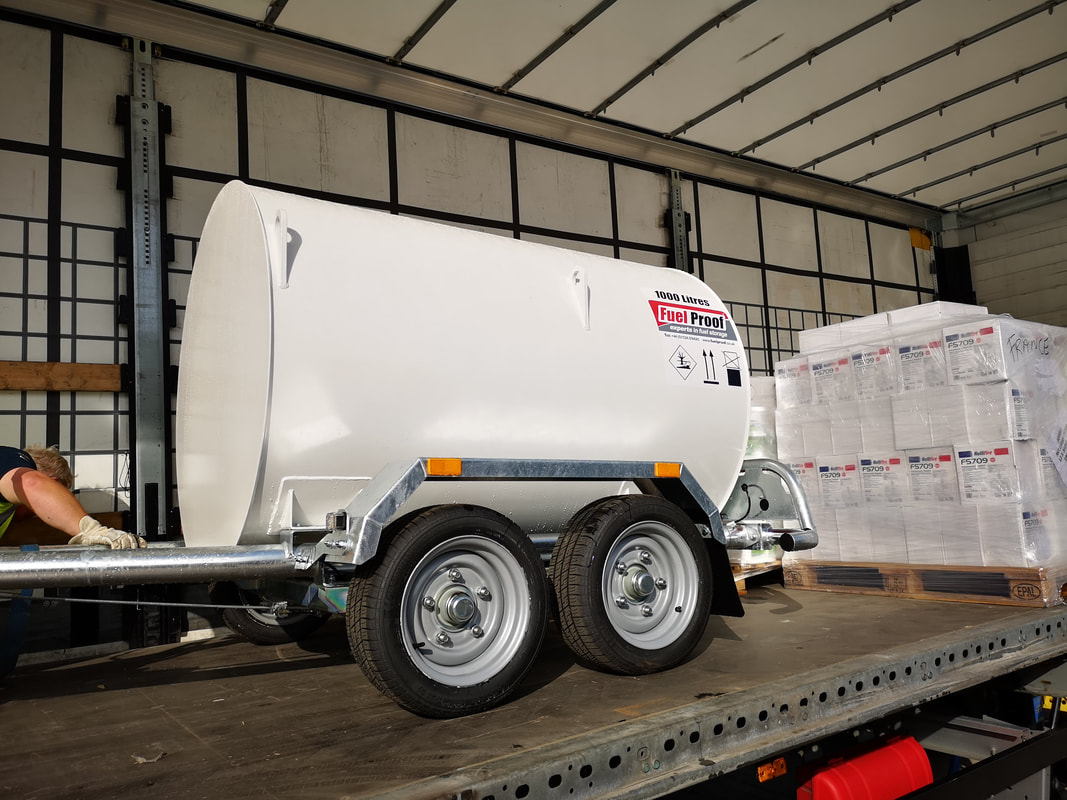
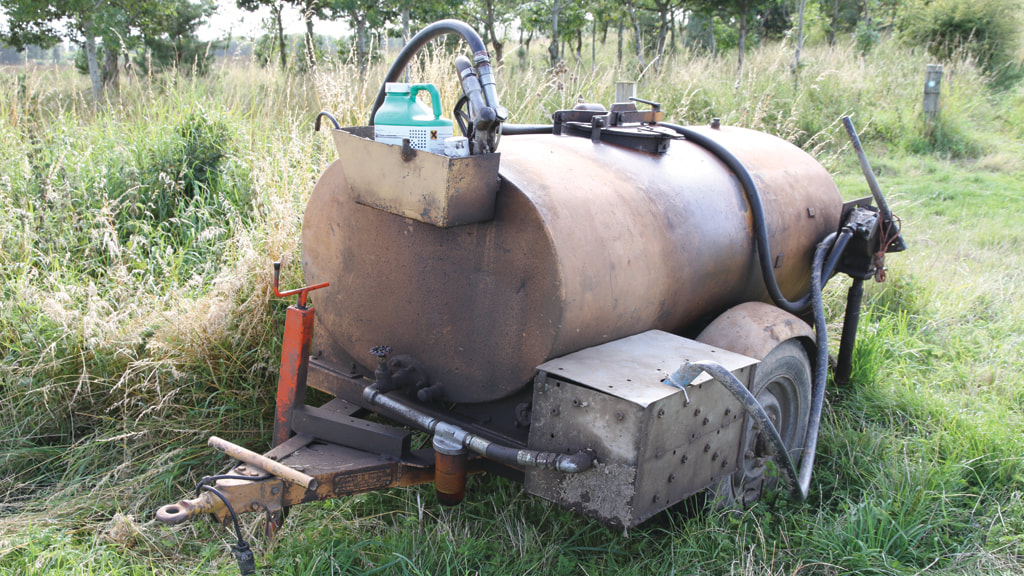
 RSS Feed
RSS Feed